Ghost of Jupiter, NGC 3242
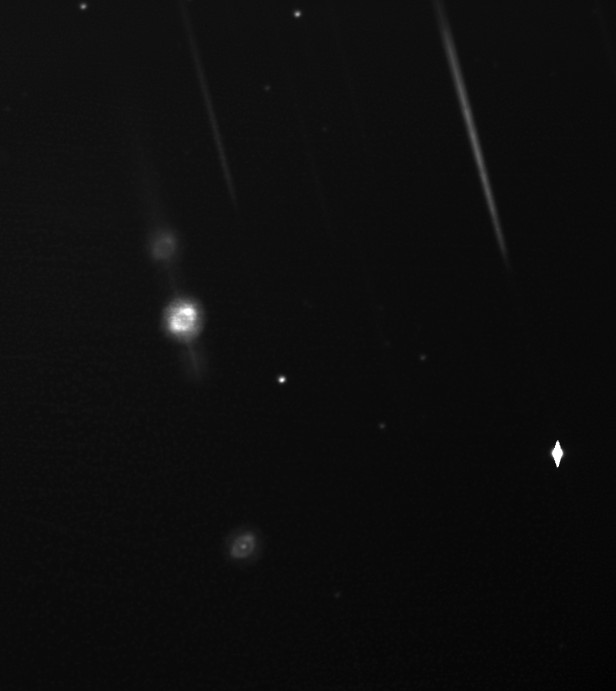 |
| NGC 3242 is planetary neblua in constellation the Hydra.
Image of the nebula is at the bottom of the photo. The spectrum of the
nebula and stars are projected to up left from the image. Spectrum of
the nebula is very strong at wavelenght 656.3nm (H-alpha) and 501nm
(OIII). The spectrum is dim at infrared wavelenghts that includes 672nm
(SII). Ultraviolet part of the spectrum is not visible because the
atmosphere strongly absorbs ultraviolet radiation.
Telescope: ITelescopes Telescope-17 0,43m (17inch), f/6.8 (Located to Australia)
Camera: FLI PL4710 - Non Anti Blooming Gate 0.92 Arc secs/pixelsExposure: 3 * 180s Date: 03 Feb. 2018 |
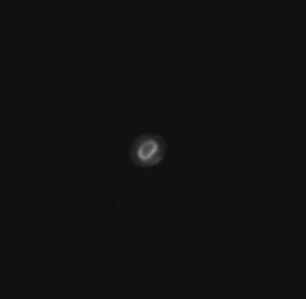 Hydrogen alfa |
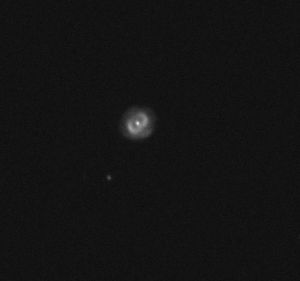 Ultraviolet |
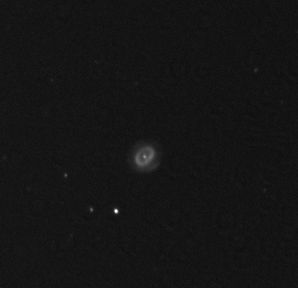 Infrared |
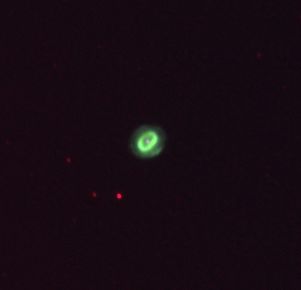 Color |
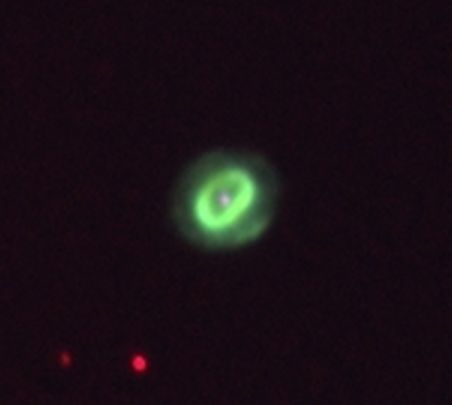 Color 2 |
|
| NGC 7662 is planetary nebula in
the constellation Andromeda. The central star is visible in both
infrared and ultraviolet images. The nebula resemble Ring nebula that
is seen slightly sideways. The nebula has ring and central star in the
center of it. The nebula has also relative bright halo around it. Telescope: ITelescopes Telescope-11 0,51m (20inch), f/6.8, f/4.5 focal reducer (Located to New Mexico USA) Camera: FLI ProLine PL11002M CCD Camera, Anti Blooming Gate, 0.81 Arc secs/pixels Filter: Infrared (806nm, Bandwidth 149nm), Ha (656.28nm), Ultraviolet (365nm, Bandwidth: 66nm) Exposure: 3 * 300s Ha, 3 * 300s I, 3 * 600s U Date: 25-27 Aug. 2018 |
|
Eskimo Nebula, NGC 2392
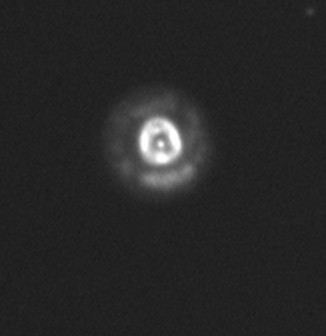 Hydrogen alfa |
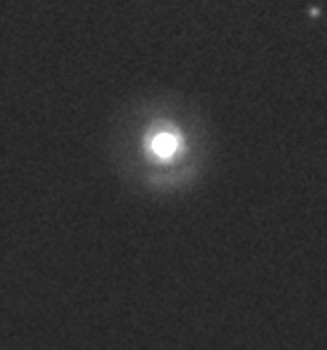 Ultraviolet |
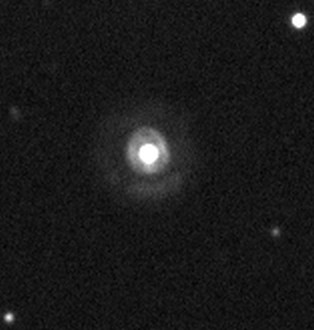 Infrared |
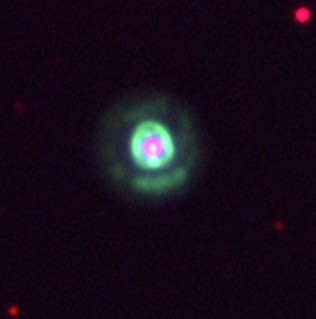 Color |
| NGC 2392 is planetary nebula
in
the constellation Gemini. The central star is visible in all
images.´The lower part of the nebula is much brighter than other
outer parts of the nebula. The nebula has also lots of different
structures. Telescope: ITelescopes Telescope-11 0,51m (20inch), f/6.8, f/4.5 focal reducer (Located to New Mexico USA) Camera: FLI ProLine PL11002M CCD Camera, Anti Blooming Gate, 0.81 Arc secs/pixels Filter: Infrared (806nm, Bandwidth 149nm), Ha (656.28nm), Ultraviolet (365nm, Bandwidth: 66nm) Exposure: 3 * 300s Ha, 3 * 300s I, 3 * 600s U Date: 17 Feb. 2019 Ha, 22 Mar. 2019 I, 15 Apr. 2019 U. |
|